The information provided on this site is for educational purposes only and does not substitute for professional medical or psychological advice. Consult a medical professional or healthcare provider for advice, diagnoses, or treatment. Claire Evers is not liable for risks or issues associated with using or acting upon the information on this site.
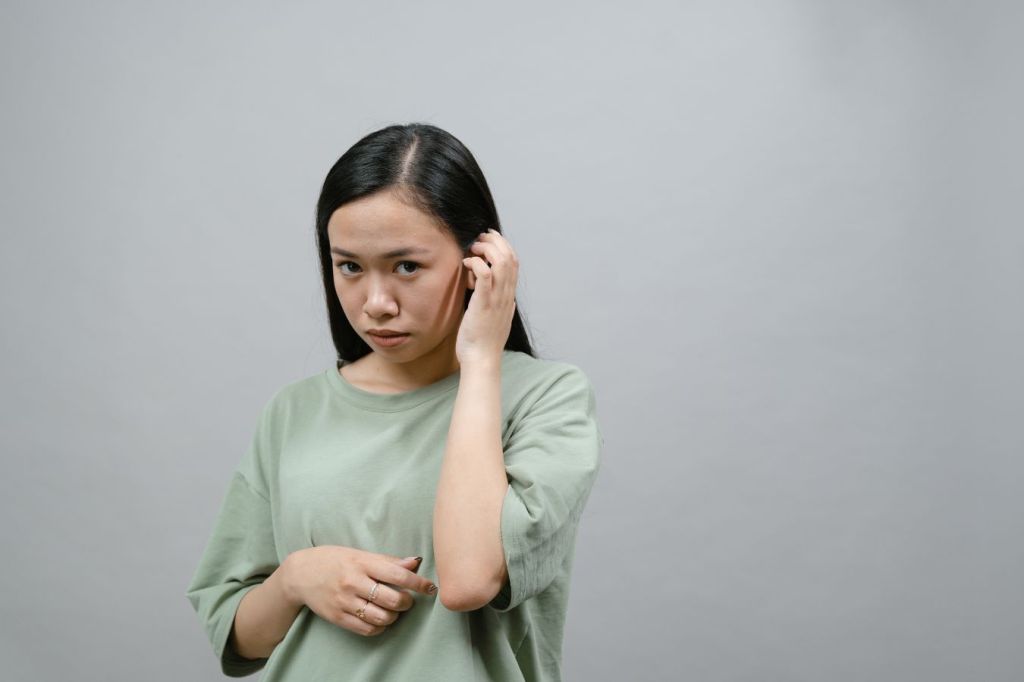
Social Anxiety isn’t just being shy, introverted, awkward or even anti-social.
Social Anxiety Disorder
The Diagnostic and Statistics Manual of Mental Disorders (DSM V for the latest version) lists social anxiety disorder as an anxiety disorder with “Marked fear or anxiety about one or more social situations in which the individual is exposed to possible scrutiny by others.”
Social Anxiety Disorder is also commonly referred to as Social Phobia Disorder and this ‘marked fear or anxiety’ can lead to a breakdown in a person’s ability to function in society, whether it’s at school, work, or even among friends and family. This diagnosis is usually only given to those who’ve experience regular heightened anxiety surrounding social situations during which there is no real threat or sociocultural context that betrays any inherent negativity. The feelings of anxiety and fear need to be sustained usually for six months or more for a clinician to determine the presence of Social Anxiety Disorder.
For a diagnostic checklist click here to view the parameters necessary for, or associated with this disorder.
Types of Social Anxiety
There are many different ways for Social Anxiety Disorder or Social Phobia to manifest. Here are some types of scenarios that you may experience social anxiety in:
- Meeting people in public or in crowds
- Meeting new people
- Interacting with strangers
- Interacting with coworkers
- Interacting with peers
- Talking on the phone
- Texting with new people
- Attending parties or social gatherings
- Using public restrooms
- Eating or Drinking in public
- Dating (online or in person)
- Entering a room last
- Returning items to a store
- Asking questions
Common Social Anxiety Fears:
- Being awkward
- Being judged negatively
- Being embarrassed in person
- Being embarrassed on social media
- Being social
- Experiencing negative physical side effects
- Being spotted for heightened anxiety or negative side effects
- Being watched to the point of paranoia
- Performing poorly
- Giving speeches
- Competing (in sports)
- Musical performances
- Realizing your worst imagined expectations
- Making eye contact
Heightened physical effects of social anxiety disorder and social phobia:
- Panic Attacks
- Shaking
- Experiencing Tremors
- Blushing
- Sweating
- Stuttering or Stumbling over words
- Not being able to talk at all- see Selective Mutism
- Talking too much
- Blanking out
- Rapid Heart Beat
- Feeling sick to your stomach
- Difficulty Breathing
- Muscle Tension
- Feeling dizzy or light-headed
Children with Social Anxiety
Children may present with different symptoms for their social anxiety. Crying, tantrums, freezing, shrinking, failing to speak and clinging behaviors are common ways to identify a potential for social anxiety in a child.
Overstimulation and Social Anxiety
Socializing, on any level, can lead to overstimulation with Social Anxiety. Burnout happens fast and can be unpredictable. For self-preservation, you retreat and don’t let anyone convince you that you need to share in social activities. Your ability to cope with everyday conversations and interactions is lowered and it can take comparatively little to transform an ‘up’ day to a difficult one where you wind up feeling overstimulated and defeated.
Because of this, some types of Social Anxiety will result in an avoidance of fears and the coping mechanism will take over the person’s behavior entirely. It’s easier to avoid the negative effects of having social anxiety if you aren’t social, or figure out a way to defer conversations into a format that better suits you. On some level, this can seem helpful, but you won’t be able to control the way every interaction takes place, and sooner or later, you will wind up having to communicate or perform in ways that feel unnatural or uncomfortable for you.
Avoiding is just a band-aid that can lead to bigger problems down the road. When avoiding becomes extreme, it is possible that a person has moved from having Social Anxiety, to also dealing with a form of Agoraphobia.
Cause of Social Anxiety
Imposter Syndrome
Some people experience Social Anxiety because they suffer from Imposter Syndrome and feel as though they never truly belong and this hinders their ability to communicate and function normally.
Trauma
For others, Social Anxiety is the result of trauma or childhood trauma. Some forms of trauma and the resultant PTSD can lead to difficulty in communication. You may feel misunderstood or like you don’t fit the mold for normal because of your experiences so you may have developed a fear of socializing as it can lead to uncomfortable explanations that you may not wish to give to others.
Genes
Anxiety Disorders, in general, can be highly hereditary, however it is not guaranteed that multiple members of the same family will experience Social Anxiety if their parent does. Where there is a genetic component that implies a predisposition for mental health disorders, experiences and environmental factors can also contribute to the likelihood of developing Social Anxiety Disorder.
Low Self-Esteem
While this one may not be a direct cause, it can be a contributing factor to any underlying predispositions towards an anxiety disorder. Lacking confidence makes it more difficult to combat the feelings associated with Social Anxiety.
Social Anxiety Isolation
There’s no doubt that Social Anxiety causes isolation at some point in your journey. Whether you’ve just been diagnosed, or have been dealing with Social Anxiety for years, it’s difficult to explain the isolation that comes with this disorder. You want to communicate with others and not be afraid of anything. You want to be known, heard and understood. You’re human and you feel that innate need to forge connections.
But with Social Anxiety, it feels like your entire nervous system is screaming at you whenever you try to reach out. To put yourself out there. Even if it’s just mailing an envelope or package that requires you to exhibit basic social abilities that most other adults seem to have. The smallest tasks can become unbearable and the embarrassment you feel each time makes it hard to try to be social.
Then come more difficult experiences with peers, family or coworkers where it’s vital that you communicate yourself well, effectively and before any negative prejudices or incorrect assumptions are made about you, your views, or work ethic.
This is where Social Anxiety can almost become a self-fulfilling prophesy.
When you aren’t able to express yourself well, or you avoid conversations, it can come across like you don’t care, which is the exact opposite of the truth. You do care. I know you do, because I have severe social anxiety, too.
I’ve been living here for some time now, and unfortunately I have more than enough reasons to be here. If you’re here looking for answers, I hope you keep reading to find something that helps you. If not, I hope you at least found a space where you feel understood, because that can be one of the toughest struggles with Social Anxiety and Isolation. Feeling like it’s just you who’s struggling and everybody else is fine, which isn’t true at all.
Trust me, you’re not alone. Social Anxiety is actually thought to be a fairly prevalent disorder, especially since COVID. There are support groups out there for you to connect with and quite possibly someone close to you who deals with the same thing (even if it’s in a slightly different way).
Don’t be afraid to ask for help or open up to someone you feel safe with. You don’t have to be alone, or afraid of what other people will think of you. You can put yourself out there and keep trying, even when you don’t notice any immediate changes.
Helping someone with Social Anxiety

Because of the negative effects experienced by someone with social anxiety, it can be hard for them to reach out for help. They so want to be- or at the very least appear- normal that talking about their struggles may come across as a non-starter. But you may notice that your loved one’s struggles are getting in the way of their ability to function and you want to help. If so, I have some ideas to help get you started.
- Be open to hearing their struggles.
- Be patient and gentle.
- Don’t diagnose or criticize. They’re doing their best, just like you.
- Ask questions.
- Don’t give general answers that make sense to you.
- Don’t laugh or make fun, they’re already afraid of being embarrassed.
- Offer encouragement.
- Offer help but on their terms, not yours.
- Try to understand where they’re at, or how they feel, whether it makes sense to you or not.
When trying to talk to your LO about their social anxiety, keeping things general allows the opportunity for your LO to open up to you, or not. It’s on their terms. If you’re ever willing to talk about how you were negatively affected by a social situation, that may also be a good way to encourage a feeling of trust and equanimity between you that will allow your loved one to let down their guard and talk about their struggles. Poking fun at yourself and your physical or emotional reaction to uncomfortable situations may also open the door for them to feel more normal.
As always, praise and encouragement, even for failed attempts, is a plus. Recognition of effort is more important than the outcome for someone battling social anxiety. Overcoming Social Anxiety can take time, and developing new behavioral or cognitive patterns is never easy.
Here are a few ways to start a conversation about your loved one’s social anxiety:
- So how are things going for you at work? With friends? With school?
- Are you interested in going to that party/event?
- What did you think of that conversation/meeting yesterday?
- I felt a little overwhelmed by that situation. How did you feel?
- Whew- I’m sweating bullets after that.
- Wow, I’m not even sure how to respond to (insert recent scenario here).
- I was really impressed by how you handled (insert recent scenario here).
Always shoot for authenticity and gentleness, empathy and patience when helping someone with social anxiety.
Overcoming Social Anxiety
Diagnosis
Licensed therapists are the only ones who can give you a true diagnosis, despite the availability of diagnostic tools found on the internet. They’re also the only ones who can help you understand what types of treatment, or combinations of treatment are right for you. Whether it’s CBT (cognitive behavioral therapy), medications, lifestyle changes, licensed professionals can help you better understand yourself and your journey.
Cognitive Behavioral Therapy
Whether it’s possible for you to work with a therapist or not, remember that with Social Anxiety, a lot of your anxiety lies in your expected assumptions of what other people think of you. When what you may need to remember the most is that everybody has a lot going on. They may not even notice if you’re feeling anxious, and even if they do, they’re not likely to openly criticize you or say negative things about you behind your back. People aren’t lying in wait to tear you down.
Maybe you’re afraid that you’re socially awkward or that you’ll stumble over your words. It’s ok. You don’t have to talk a lot to be around people. Just take the first step and let yourself be around others.
Exposure Therapy
As painful as this sounds (yes I’m a hardcore introvert with social anxiety piled on top of that), getting out and around other people in manageable chunks of time or in situations that you can tolerate will help. Socializing with social anxiety is a skill development. You’re learning how to handle yourself and others. Any time you learn something new, your brain reacts positively to this experience. It likes to learn and it will allow you the neuroplasticity or the ability to keep on learning, the more you use that skill.
So find a way to get out of your comfort zone, even if it’s for five minutes and in the company of someone you know and trust to have your back in case things don’t go the way you’d like them to go. Learning to tolerate the stress of being uncomfortable (or extremely uncomfortable) will allow you the ability to handle more over time.
Over time.
Restructuring the way you approach social interactions will take time. That’s okay. Don’t be hard on yourself if you have a breakdown, or even multiple breakdowns. Just keep a list of different experiences that you’d like to be able to handle, and write down strategies (as you discover them) that work for you to achieve your goals.
I find that giving myself to prepare for socializing before and after exposure is always helpful. De-stimulation is key to exposure therapy.
Bringing along a trusted friend is always helpful.
Choosing times that are good for you within the day or week to try can help to set you up for success.
In that same vein, don’t try a highly triggering environment when you’re tired or alone. You don’t have to go all out and in ways that are harmful for you just to prove you’re trying. And don’t let anyone bully, shame or guilt you (even if they don’t mean to) into trying things in a way that will only turn out detrimental for you and all the progress you’ve made.
Also, don’t forget to celebrate the attempts, the victories and the failures, because so long as you’re failing, you’re at least trying, and that’s what matters.
Group Cognitive Behavioral Therapy
We all experience anxiety in different ways. Being surrounded by other people who also struggle with Social Anxiety could be the perfect way for you to get some exposure therapy in, in a reduced stress environment. A lot of people have found relief for their social anxiety in situations exactly like this. If you’re curious, try looking for group therapy options near you as this type of therapy is lauded to be one of the best and highly effective tools for overcoming social anxiety.
In group sessions, you can learn to communicate effectively, recognize the unrealistic expectations you set up for socializing, build tolerance to your anxiety, and experiment with conversations while learning to cope with awkward social situations, which are bound to happen anyways. You can also practice being assertive and protecting your self-esteem and boundaries within a group of people who are also developing these same skills as well.
Stress Reduction Techniques
Remaining mindful of your needs and progress are key to your journey. Taking inventory of how you’re doing on a regular basis will help you to know what steps you need to take next. Maybe you need a weekly mental health day, or you need to reassess your relationships and build healthy boundaries for your recovery. Whatever your needs, if you can’t first be mindful of them, you won’t be able to fulfill them. Take the steps that are necessary for you.
Find something you love and do it. There are loads of possibilities for creative activities that have been clinically shown to reduce stress and anxiety. Pick one or more and have some fun!
Take care of your physical health. Even mild exercise and a balanced meal plan can work wonders for your anxiety.
Conclusion
You don’t have to be alone and struggling with social anxiety. There are lots of people who can understand your isolation and fears. Don’t be afraid to ask for help, whether it’s professional, family or with strangers you meet in a support group. Remember that a full recovery is possible for you, and that with some time and effort, you can overcome your social anxiety and begin to thrive!
May God Bless and Keep You.
Related Posts
Now available to read for free on Kindle Unlimited!

Coming Soon!


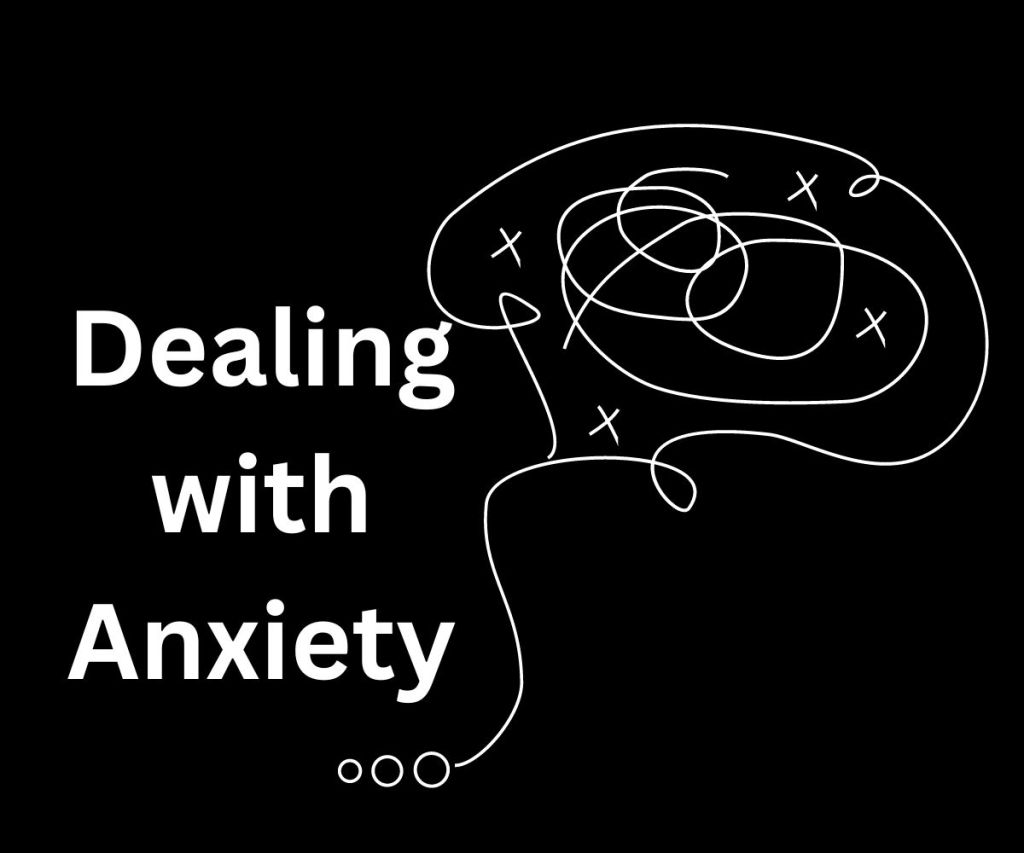



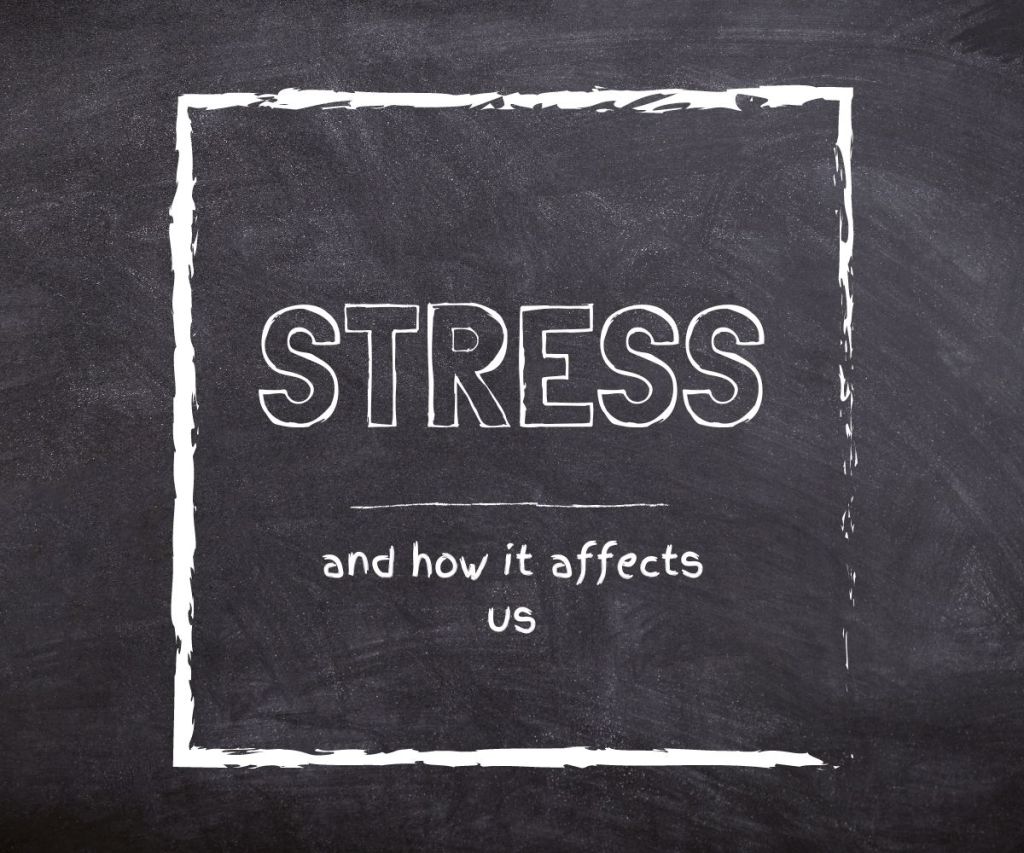
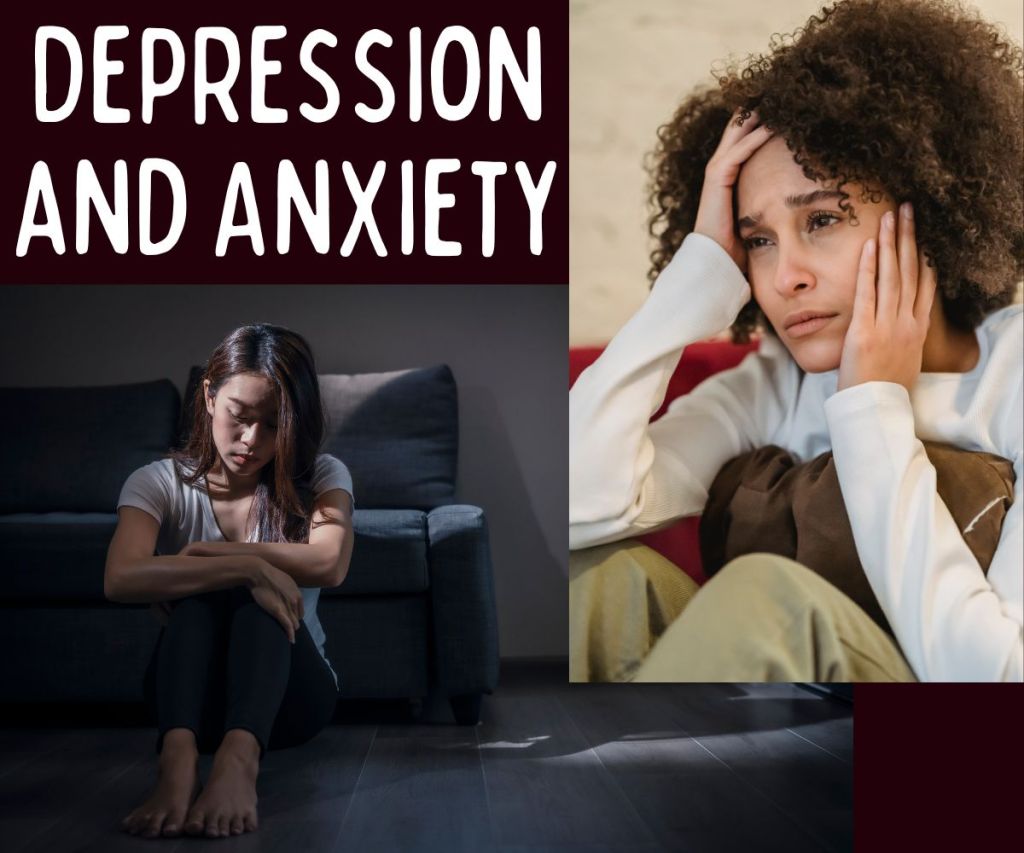
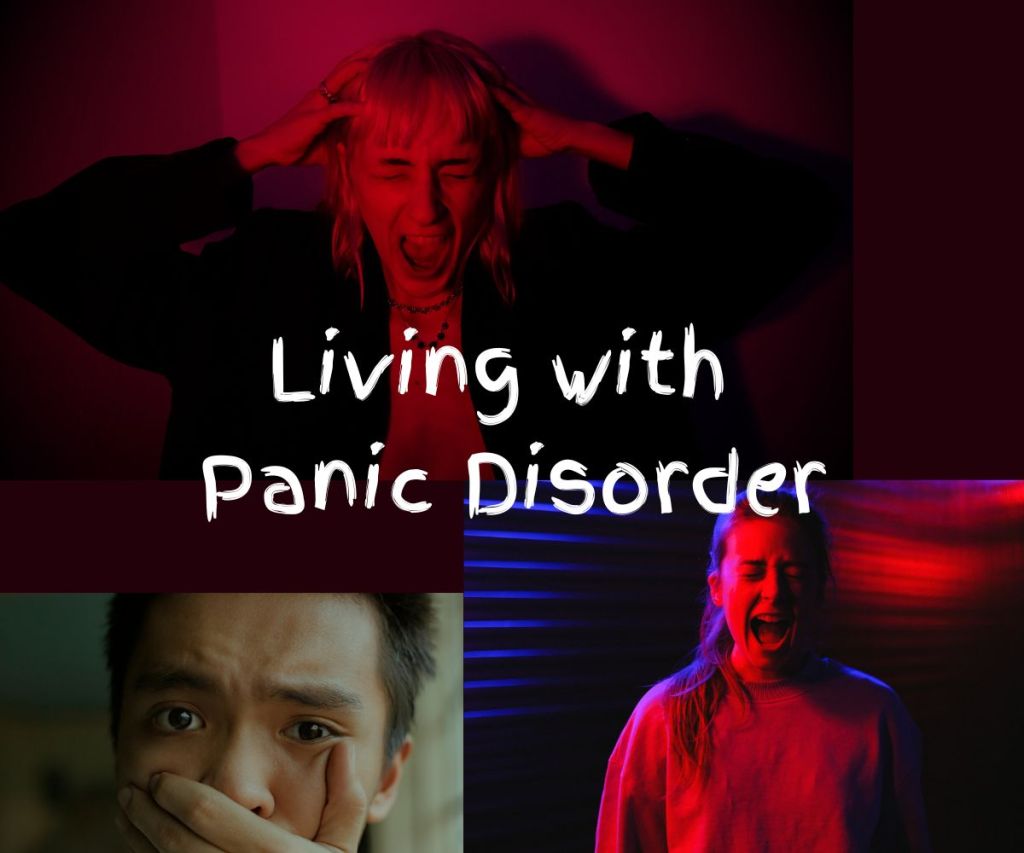
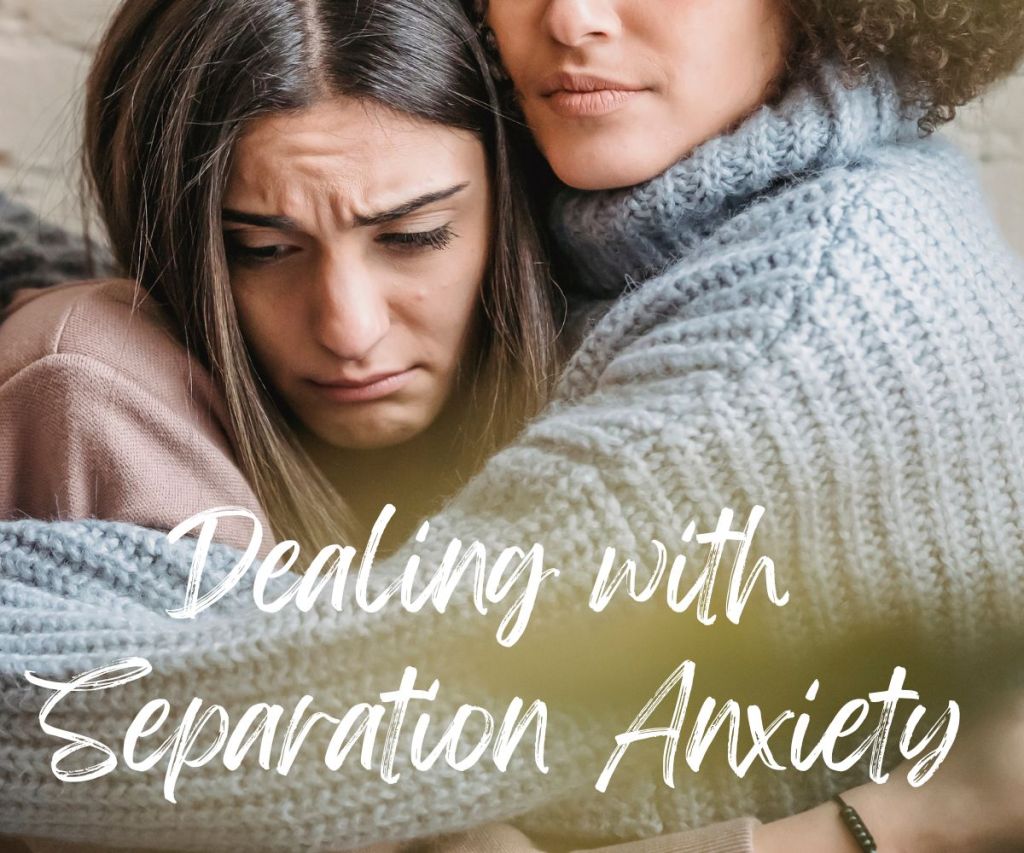
Leave a comment